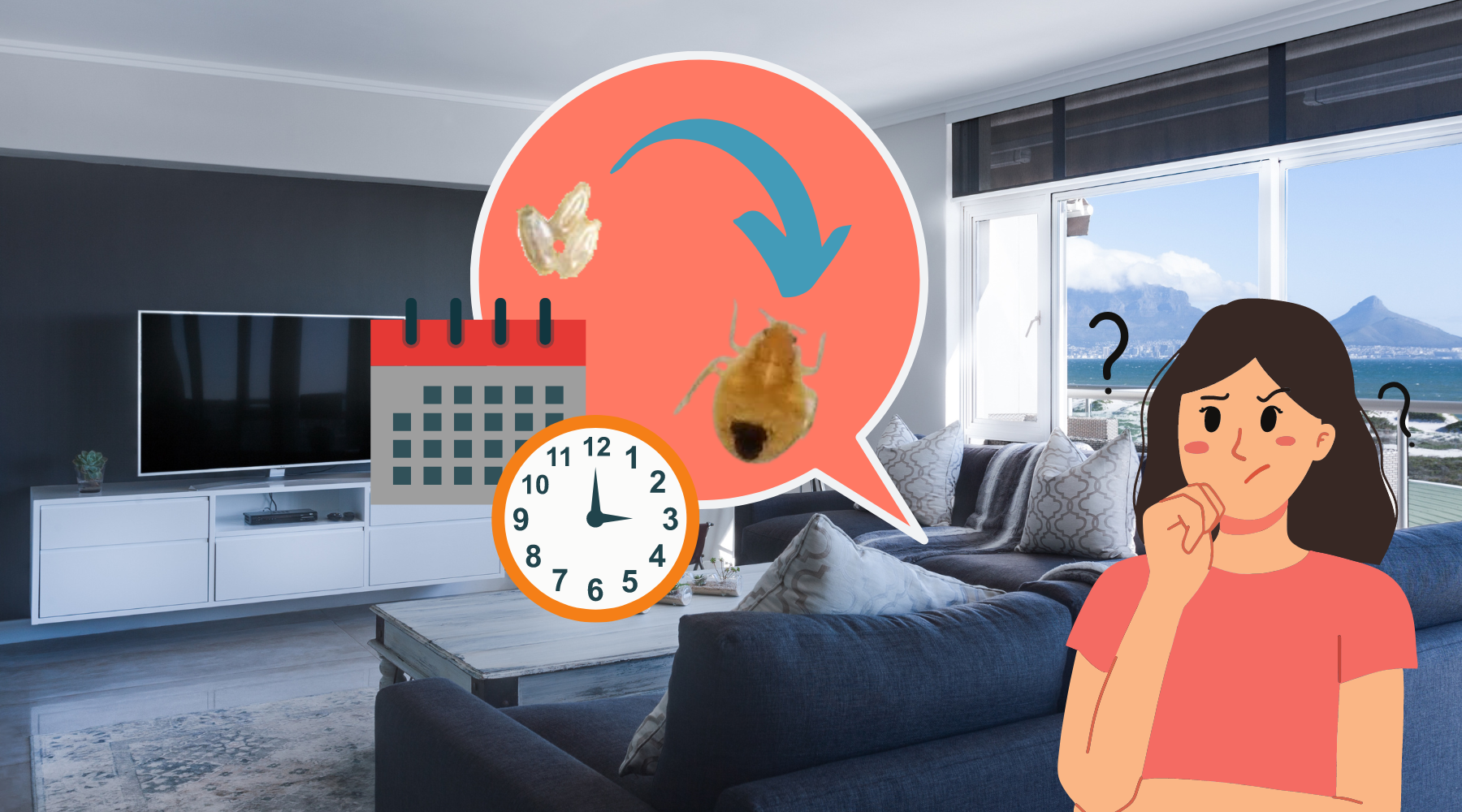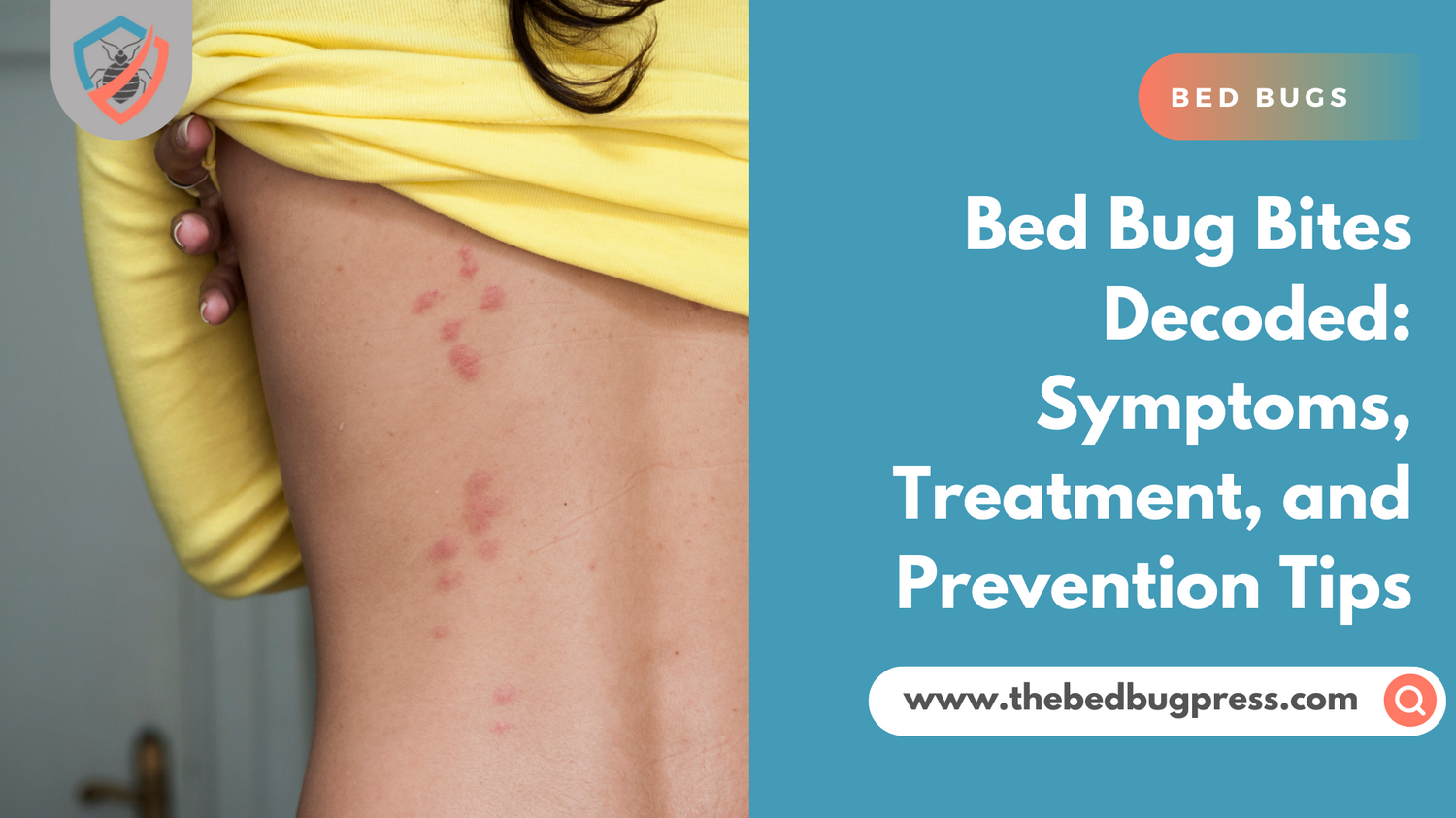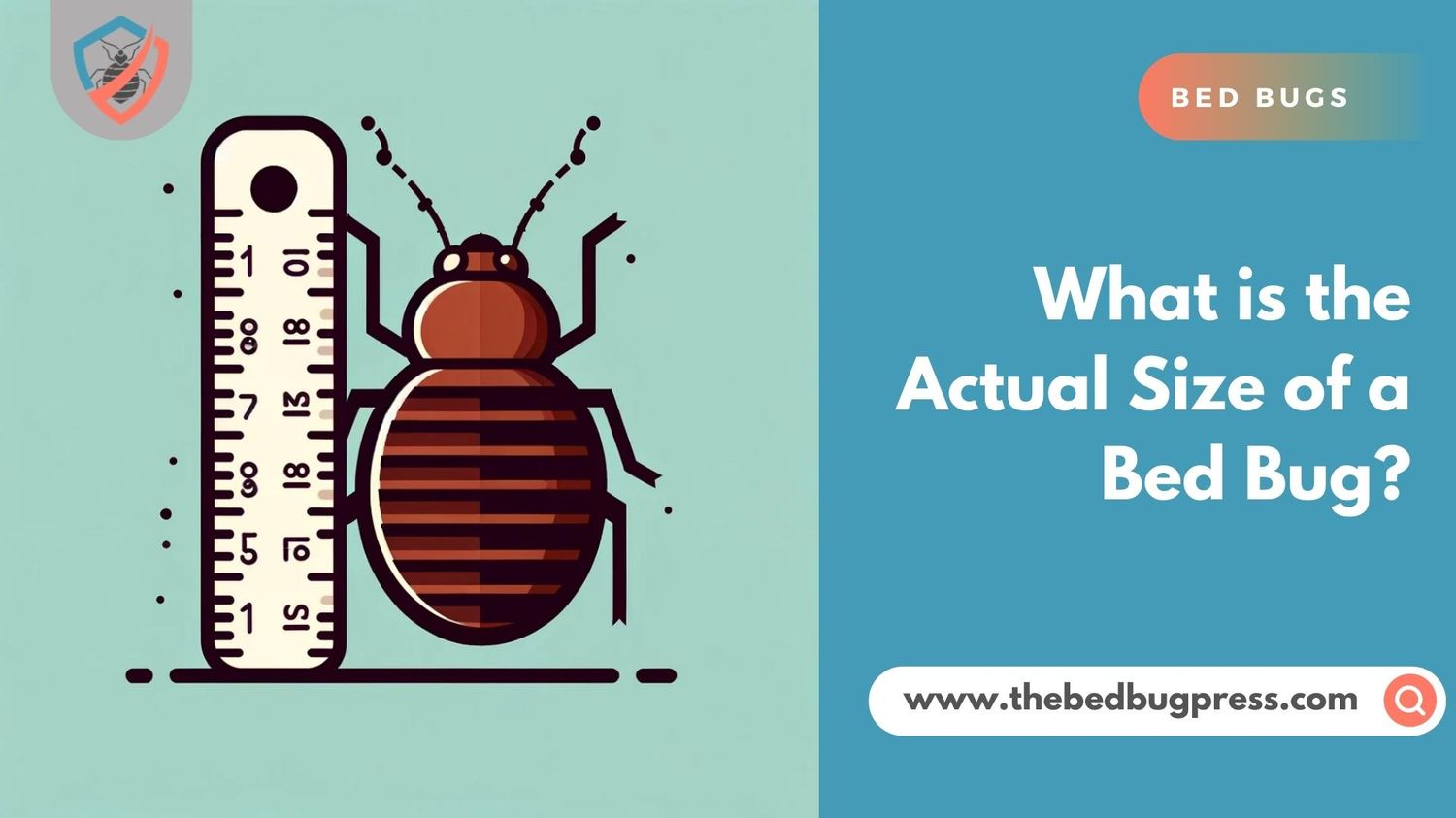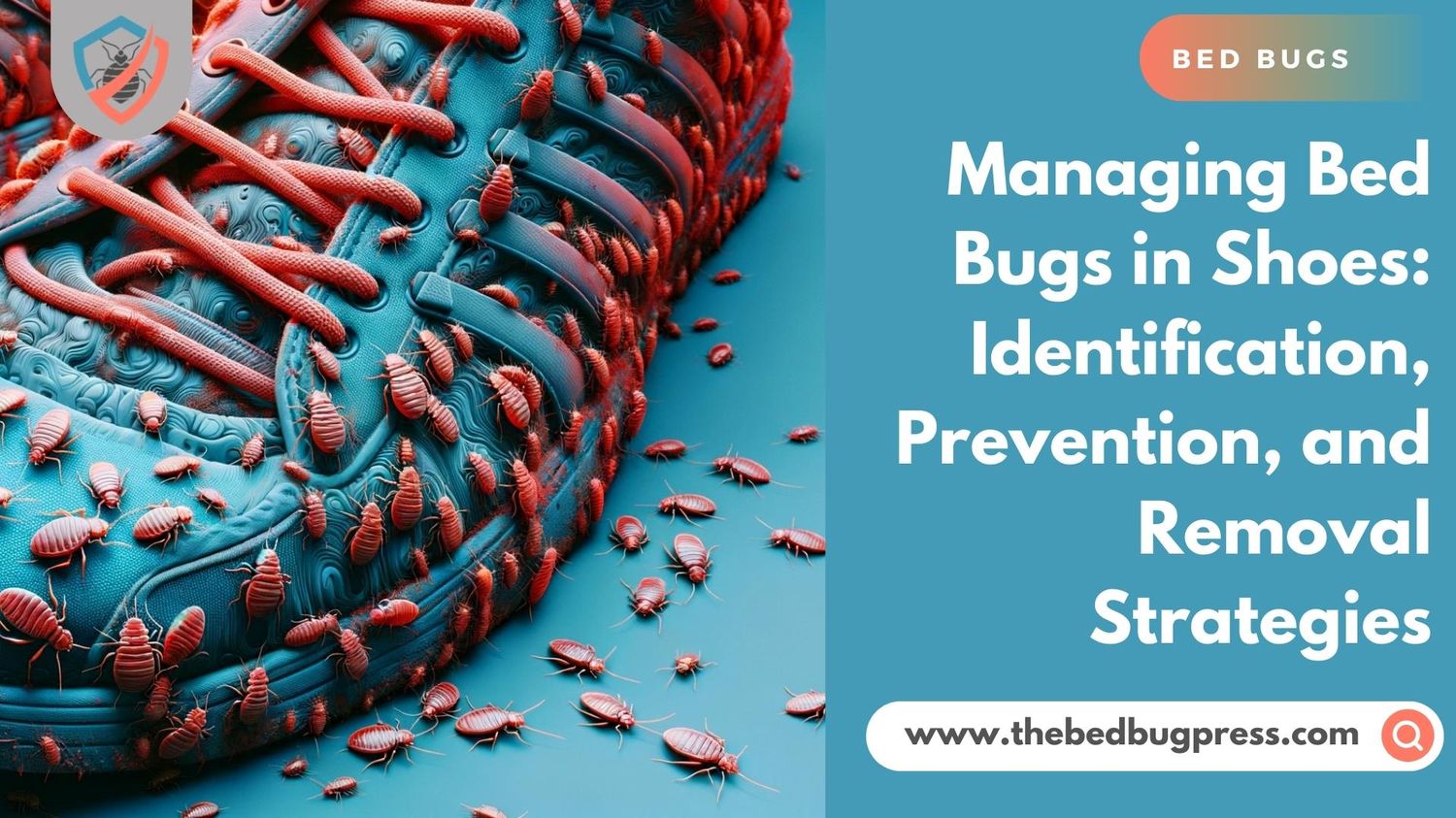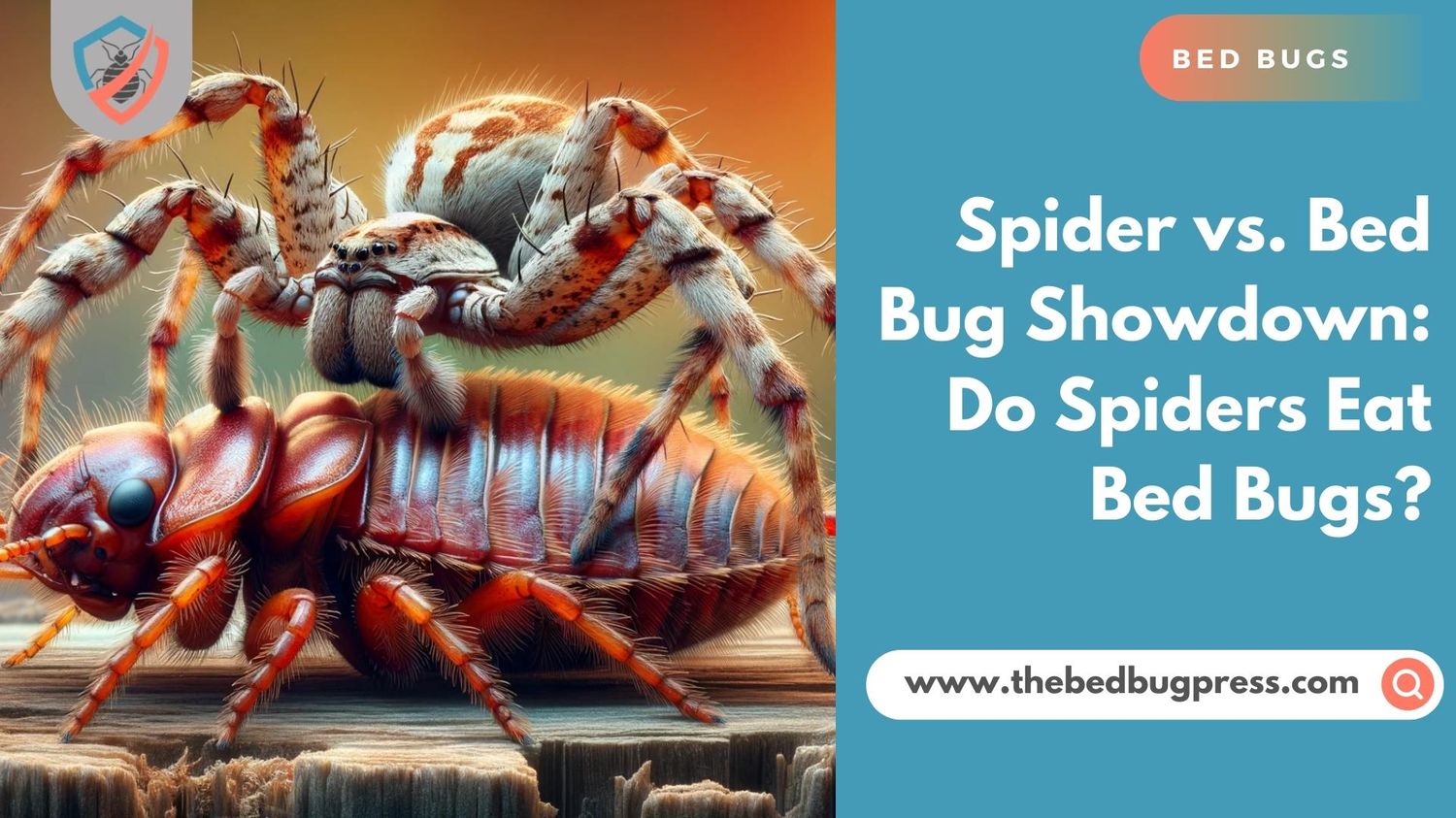Have you ever woken up in the morning with itchy, red bites on your skin and wondered what could have caused them? Well, one possibility could be bed bugs. These pesky little insects are notorious for infesting our homes and feeding on our blood while we sleep.
But what you may not know is that bed bugs don’t just crawl into our beds and start biting right away. Before they become a nuisance, they must first hatch from their tiny, nearly invisible eggs. So, if you’re curious about how long it takes for bed bug eggs to hatch and what factors can affect the process, then keep reading.
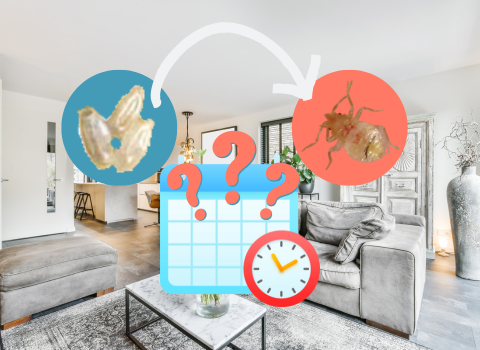
How Many Days Does It Take for Bed Bugs to Hatch
Bed bugs are known for being one of the most difficult household pests to eradicate, and the bed bug life cycle plays a significant role in their resilience. From the moment female bed bugs lay their eggs until bed bug eggs hatch into tiny nymphs, several factors can affect the duration of the incubation period.
On average, it takes about 6 to 10 days for bed bug eggs to hatch. However, the exact timeline depends on several factors such as temperature, humidity, and the availability of food sources. In warmer conditions, a bed bug egg tends to hatch faster than in cooler environments, while low humidity can cause the eggs to dry out and delay the hatching process.
5 Signs that Bed Bug Nymphs Are Out
Bed bugs are elusive and difficult to detect, especially in their early life stages when they are still nymphs. However, there are several signs that you can look out for to identify the presence of bed bug nymphs in your home. Here are five signs that bed bug nymphs are out:
Shed skins:
Bed bugs molt as they grow, leaving behind exoskeletons or shed skins. You may find these translucent skins in areas where bed bugs are likely to hide, such as on mattresses, box springs, bed frames, or in crevices.
Small, dark stains:
Bed bugs leave behind small, dark stains on surfaces they inhabit. These stains are usually fecal matter, and they are often found near cracks and crevices or on bedding.
Reddish-brown spots on sheets:
As bed bugs feed, they leave behind small spots of blood on sheets or other fabrics. These spots are usually reddish-brown and can be an indication of bed bug nymph activity.
Live nymphs:
Bed bug nymphs are small and difficult to spot, but if you look closely, you may be able to see them crawling around. Nymphs are usually pale yellow or white and become reddish-brown after feeding.
Bites:
Bed bug nymphs, like adults, feed on human blood, and their bites can indicate their presence. Bed bug bites are generally small, red, and itchy and can appear in a line or cluster on the skin.
If you suspect that you have bed bug nymphs in your home, it’s essential to act immediately to prevent the infestation from getting worse. Contacting a professional pest control company is the best way to kill bed bugs and kill bed bug eggs for good.
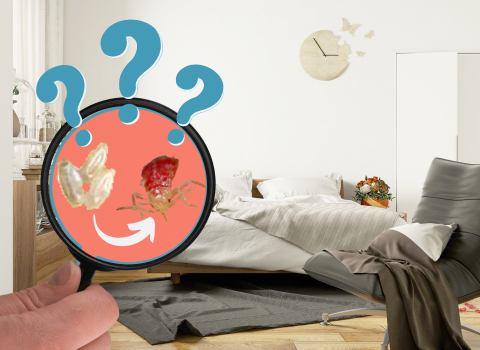
Are There Conditions Needed for Bed Bugs to Hatch?
Several conditions must be met for bed bug eggs to hatch successfully. Bed bugs are ectothermic, meaning their body temperature is regulated by the environment, so the temperature is a crucial factor in their development.
Temperature
Bed bug eggs require a temperature range of 70-90°F (21-32°C) to hatch, with an ideal temperature range of 80-85°F (27-29°C). If the temperature is too low or too high, it can delay or prevent the eggs from hatching. Bed bugs eggs can take up to two weeks or longer to hatch at cooler temperatures.
Humidity
Another critical factor for bed bug eggs to hatch is humidity. Bed bug eggs require a relative humidity of at least 70% to hatch successfully. Low humidity can cause the eggs to dry out and die before they hatch.
Food
Food is also necessary for bed bug eggs to hatch. Adult female bed bugs require a blood meal to produce eggs, without the host, the eggs may not be viable. Newly hatched bed bugs will look for food just like adults.
Right Location
Finally, adult bed bugs prefer to lay their eggs in tight spaces, such as cracks and crevices, so the availability of such hiding places is also necessary for bed bug eggs to hatch.
Knowing these conditions can help homeowners take preventative measures against bed bug infestations.
Factors Preventing Bed Bug Eggs from Hatching
While adult bed bugs can be challenging to eradicate, several factors can prevent their eggs from hatching. Here are some factors that can prevent bed bug eggs from hatching:
Low temperatures:
Bed bug eggs require a specific temperature range to hatch successfully. If the temperature is too low, the eggs may not hatch or may take longer than usual. Freezing temperatures can also kill bed bug eggs.
Lack of food source:
Bed bug eggs will not hatch if there is no food source available. Adult female bed bugs require a blood meal to produce viable eggs, with the host unavailable, the eggs may not develop.
Insecticides:
Insecticides can be an effective way to control bed bug infestations, but they can also prevent eggs from hatching. Some insecticides are specifically formulated to target bed bug eggs, while others can have a residual effect that can prevent eggs from hatching.
Low humidity:
Bed bug eggs require a specific level of humidity to hatch successfully. If the humidity level is too low, the eggs can dry out and die before they hatch.
Physical disturbance:
Bed bug eggs are fragile and can be easily destroyed by physical disturbance, such as vacuuming or moving furniture. If you suspect that there are bed bug eggs in an area, avoid disturbing the inhabited areas until a professional pest control company can treat them.
These factors can be used as a guide to help you in implementing preventative measures against bed bug infestations and improve the chances of successfully eradicating bed bugs.
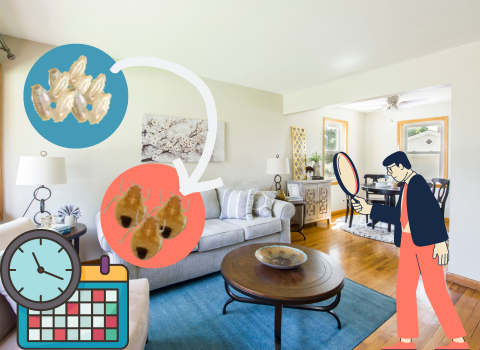
Act Fast and Do Not Wait for Bed Bug Eggs to Hatch
It is crucial to act quickly and not wait for bed bug eggs to hatch if you suspect a bed bug infestation in your home. Bed bugs reproduce quickly, and a small infestation can quickly become a large one. Here are some reasons why you should act fast:
Bed bugs can spread:
Bed bugs can easily move from one area to another, and an infestation in one room can quickly spread to other areas of your home. Acting quickly can prevent the infestation from spreading and becoming more difficult to control.
Bed bugs can cause health problems:
While bed bugs are not known to transmit diseases, their bites can cause allergic reactions and skin irritation in some people. In severe cases, bed bug infestations can also lead to insomnia and anxiety.
Bed bugs are challenging to eradicate:
Bed bugs are notoriously difficult to get rid of, and DIY treatments often fail to eliminate the entire infestation. Professional pest control companies have the knowledge, tools, and experience to effectively treat bed bug infestations.
Bed bugs can cause monetary loss:
Bed bug infestations can be costly to treat, and the longer you wait to address the problem, the more expensive it can become. Bed bugs can also cause damage to furniture and other belongings, leading to additional costs.
It is important that you act fast and do not wait for bed bug eggs to hatch if you suspect an infestation in your home. Calling a professional pest control company can help you eliminate the infestation quickly and prevent the problem from getting worse.

